
Jonsson School Welcomes New Faculty
The Erik Jonsson School of Engineering and Computer Science at The University of Texas at Dallas has added nine new tenure-track faculty this year.
The new faculty in bioengineering have interdisciplinary interests, especially in biomechanics, optical microscopy, cancer research and infectious diseases, and will collaborate with researchers at UT Southwestern Medical Center.
New faculty in electrical and computer engineering, mechanical engineering and computer science will focus on emerging areas such as human-computer interaction, cybersecurity and renewable energy.
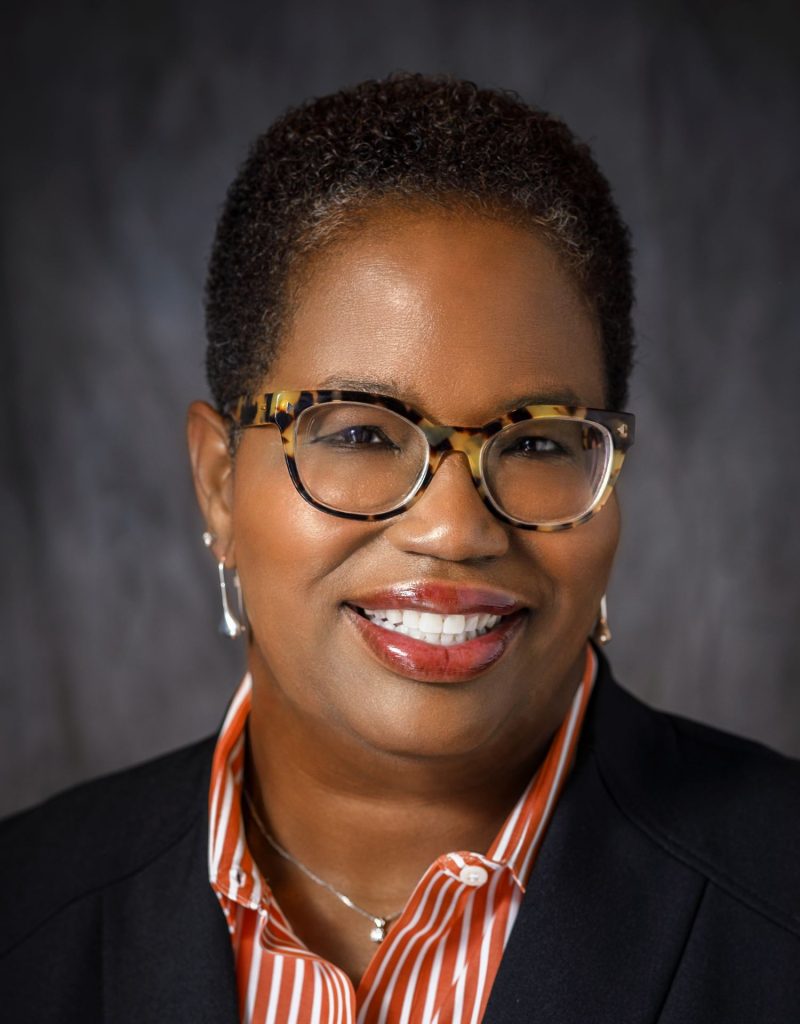
“Whether from industry or another academic institution, all of our new tenure-system faculty members bring expertise from the front line of fields of great importance to society,” said Dr. Stephanie G. Adams, dean of the Jonsson School and holder of the Lars Magnus Ericsson Chair. “I look forward to supporting them as they inspire students in the classroom and demonstrate innovative results in their labs.”
Dr. Yichen Ding
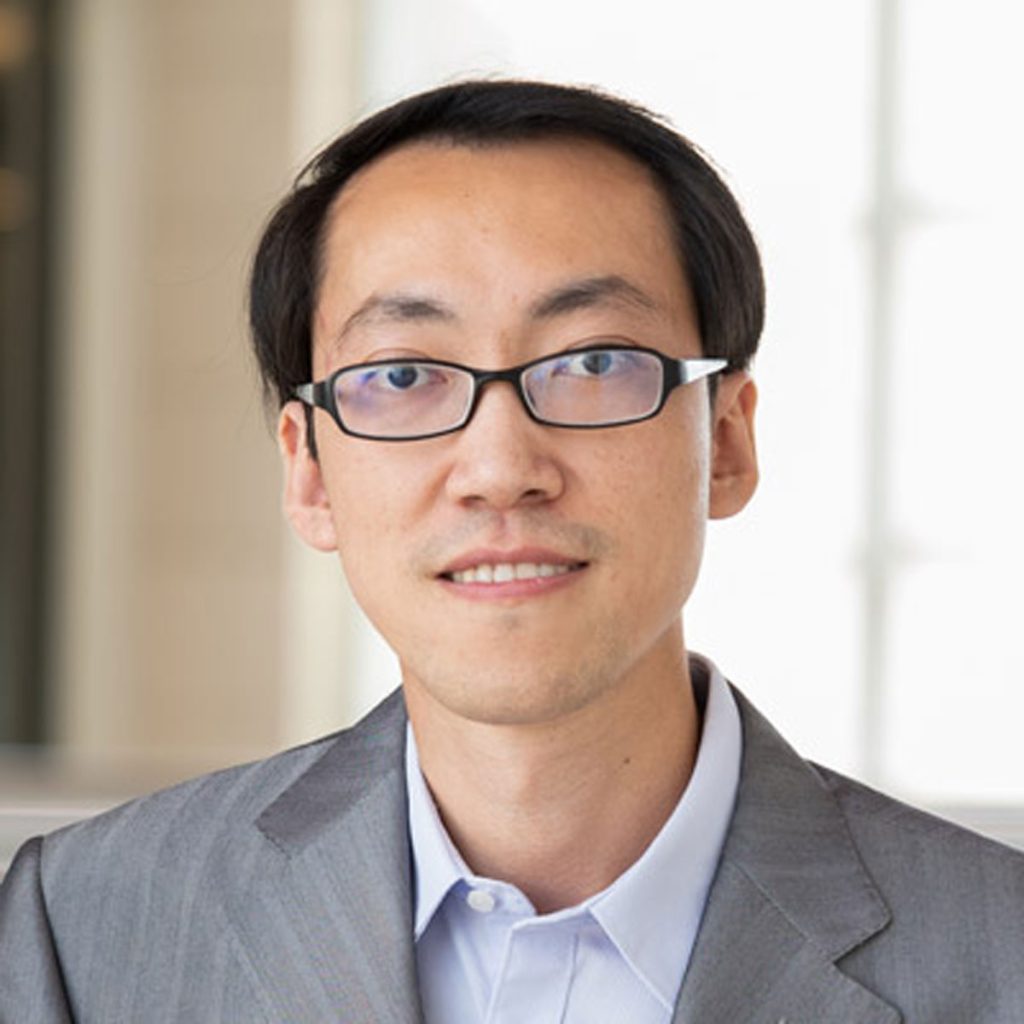
Dr. Yichen Ding
Assistant professor of bioengineering
Education: PhD in biomedical engineering, Peking University, China, 2015; BS in precision instrument, Tsinghua University, China, 2010
Previous position: Postdoctoral training in medicine and engineering at UCLA
Research interests: Optical microscopy, image segmentation, interactive visualization, myocardial deformation
“We believe the integration of transgenic models with advanced imaging and computation will provide new mechanical and developmental insights into cardiac injury and regeneration.”
Dr. Jacopo Ferruzzi
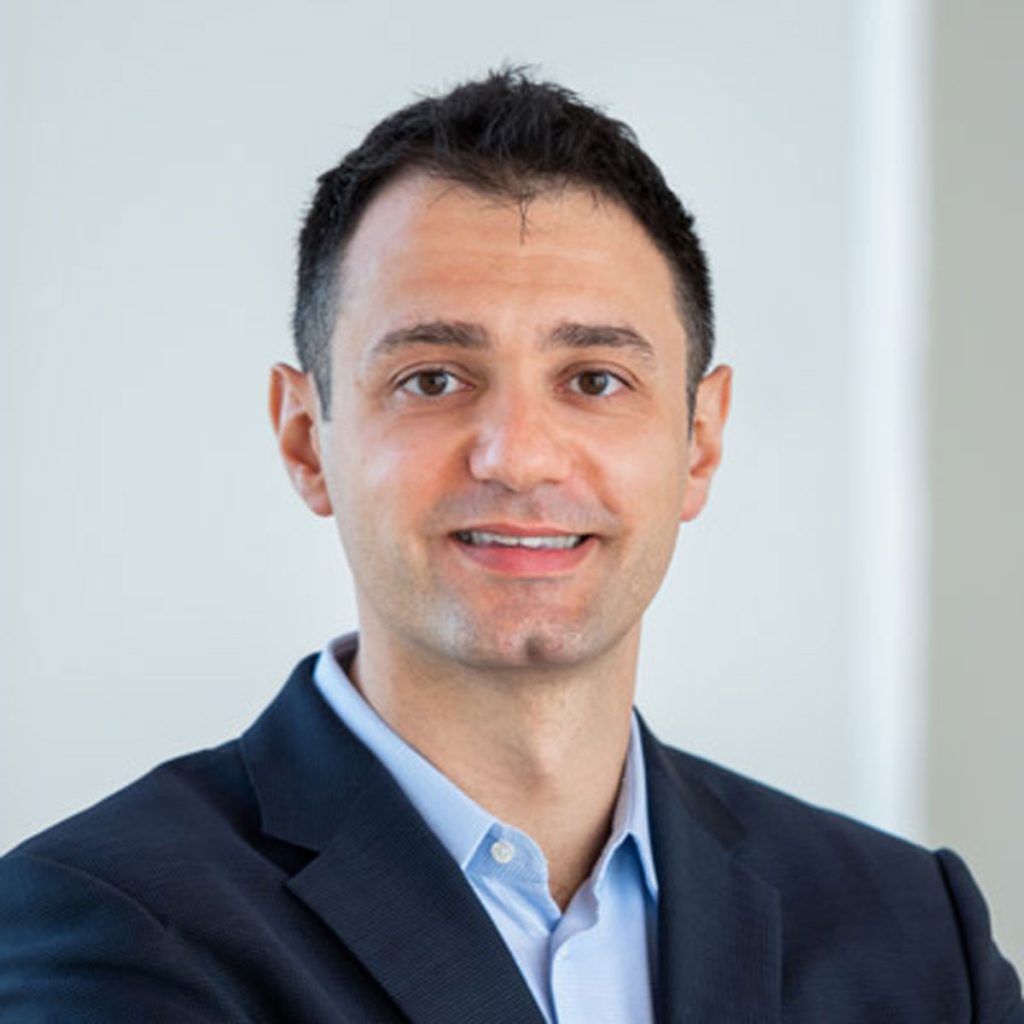
Dr. Jacopo Ferruzzi
Assistant professor of bioengineering
Education: PhD in biomedical engineering, Yale University, 2015; MS in biomedical engineering, University of Pisa, Italy, 2009; BS in biomedical engineering, University of Pisa, 2006
Previous position: Research scientist in biomedical engineering, Texas A&M University
Research interests: biomechanics and mechanobiology, experimental soft tissue mechanics, theoretical and computational modeling, tissue remodeling in cardiovascular disease and cancer
“As an incoming assistant professor at UT Dallas, I plan to develop state-of-the-art courses and train future bioengineers to work in highly interdisciplinary environments. In my laboratory, I will establish a research program aimed at understanding how tissues remodel and tune their mechanical properties to drive conditions such as cardiovascular disease and cancer. I will also establish clinical partnerships with UT Southwestern Medical Center to incorporate our findings into new diagnostic markers and treatment options for patients.”
Dr. Matthew Gardner
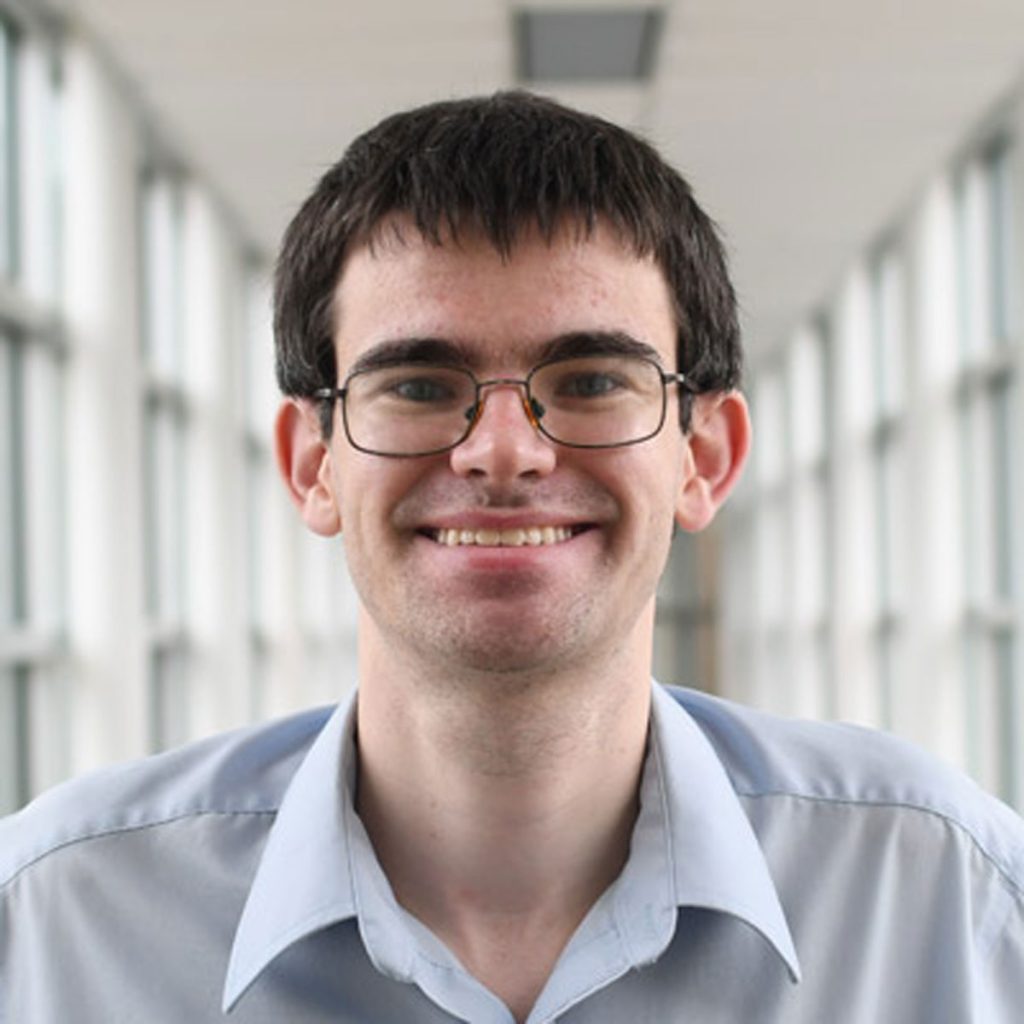
Dr. Matthew Gardner
Assistant professor of electrical and computer engineering
Education: PhD in electrical engineering, Texas A&M University, 2019; BS in electrical and computer engineering, Baylor University, 2014
Previous position: Postdoctoral researcher at Texas A&M University
Research interests: Electric motors and generators, magnetic gears, electric drives
“I look forward to teaching students and working with them to research innovative advances in the field of electric powertrains that will facilitate the growth of fields ranging from renewable energy to electric aviation.”
Dr. Caroline Jones
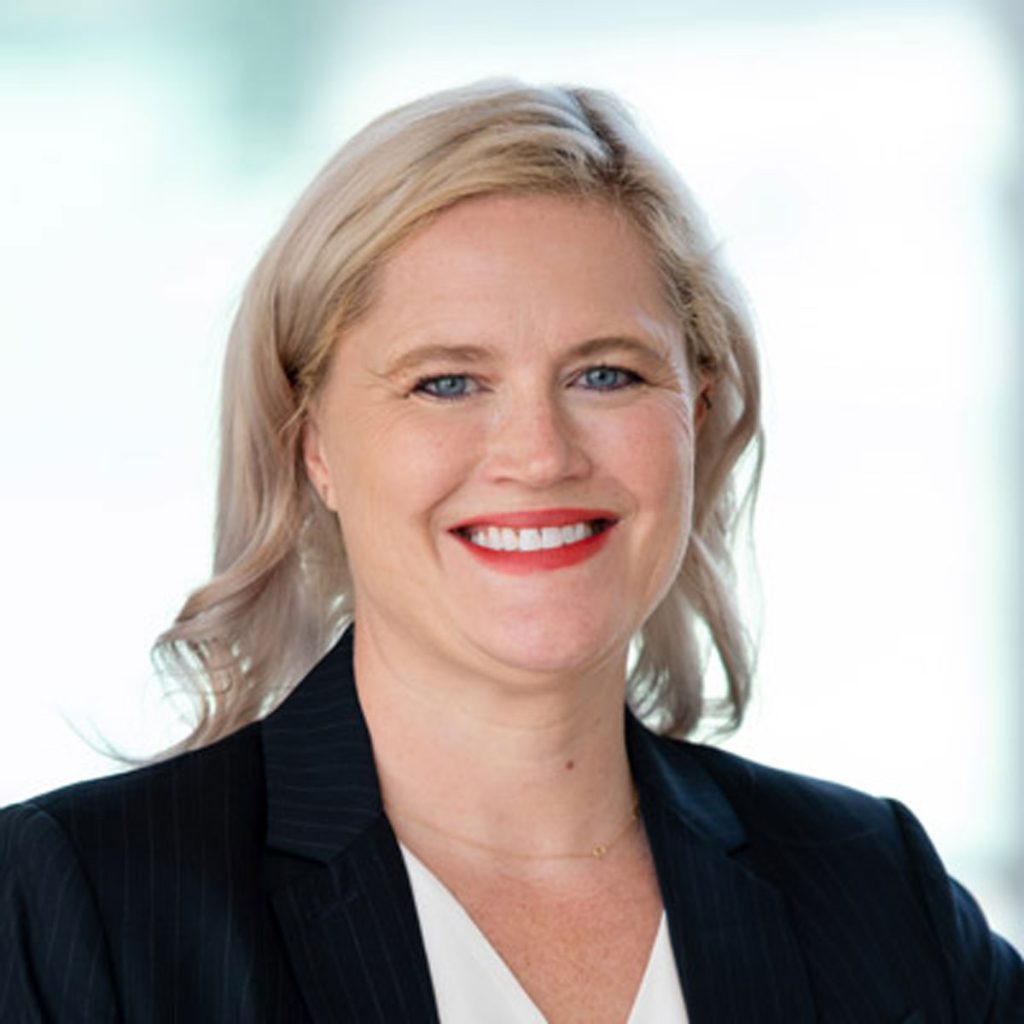
Dr. Caroline Jones
Assistant professor of bioengineering
Education: PhD in biomedical engineering, University of California, Davis, 2010; MEng in biological and environmental engineering, Cornell University, 2003; BS in biological and environmental engineering, Cornell, 2002
Previous position: Assistant professor of biological sciences at Virginia Tech
Research interests: Immune engineering, sepsis, immunology and infectious diseases, inflammation, lab-on-a-chip technology, biosensors, host-pathogen interactions
“I am thrilled to join the Jonsson School during this exciting time of rapid growth and investment in translational research. My research program focuses on engineering novel microfluidic platforms to quantify septic patients’ immune cell function with single-cell resolution. UT Dallas is the perfect fit for my research because of the new biomedical engineering joint program with UT Southwestern Medical Center that will enable my students to bring their engineering research directly to the patient.”
Dr. Chung Hwan Kim
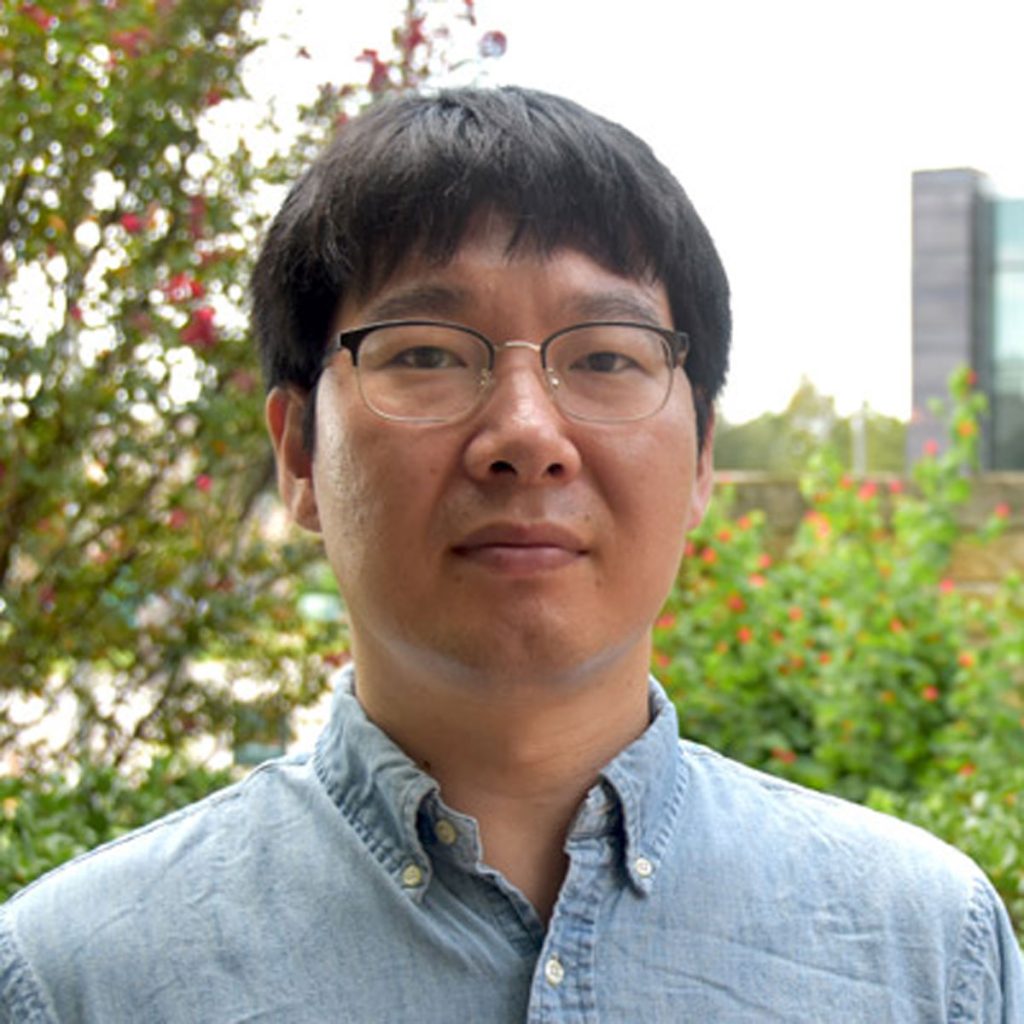
Dr. Chung Hwan Kim
Assistant professor of computer science
Education: PhD in computer science, Purdue University, 2017; MSc in computer science, University of Utah, 2012; BSc in computer and information sciences, Sun Moon University, South Korea, 2008
Previous position: Researcher, NEC Laboratories America Inc.
Research interests: Cyber-physical systems security, software and systems security
“By developing fundamental techniques in operating systems, program analysis and control systems, my research aims to create new tools to analyze and address security problems in various cyber-physical systems including robots, autonomous vehicles and industrial control systems. Working with me, students will learn to develop those fundamental techniques and use them to detect and prevent sophisticated attacks. I hope my research at the University will be successful and have a practical impact on the security of cyber-physical systems.”
Dr. Jin Ryong Kim
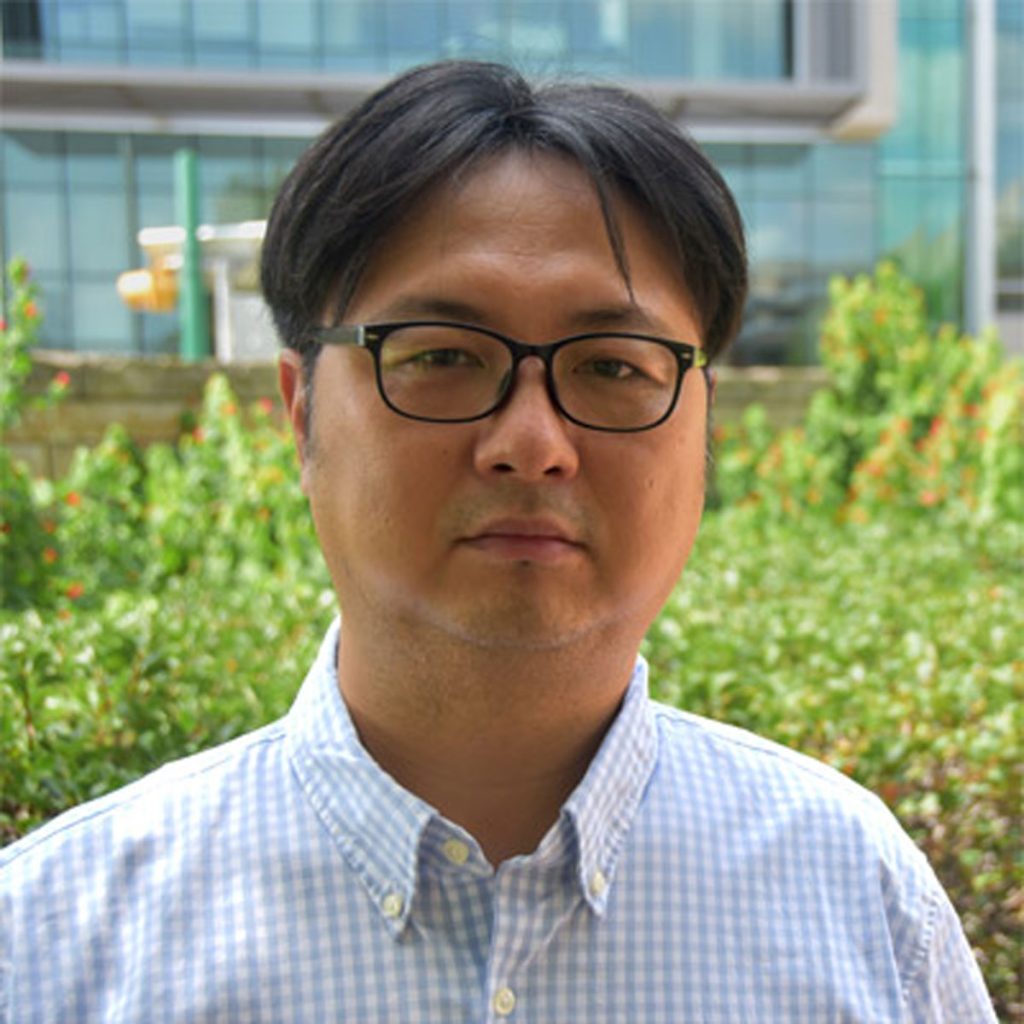
Dr. Jin Ryong Kim
Assistant professor of computer science
Education: PhD in electrical and computer engineering, Purdue University, 2014; MS in computer science, Purdue, 2010; MS in electrical and computer engineering, Hanyang University, South Korea, 2004; BS in electrical and computer engineering, Hanyang, 2001
Previous position: Staff researcher at Alibaba Group, Sunnyvale, California
Research interests: Human-computer interaction, novel interaction through haptics in virtual reality, touch-screen interaction, wearable computing
“My research goal is to establish an interdisciplinary research program within the Jonsson School to solve real-world human-computer interaction problems. My research program will create haptic techniques to contribute to fundamental science in human-computer interaction. I plan to leverage theoretical and experimental results from the interfaces that I previously built and supervise students to research new haptics and virtual reality systems.”
Dr. Girgis Obaid
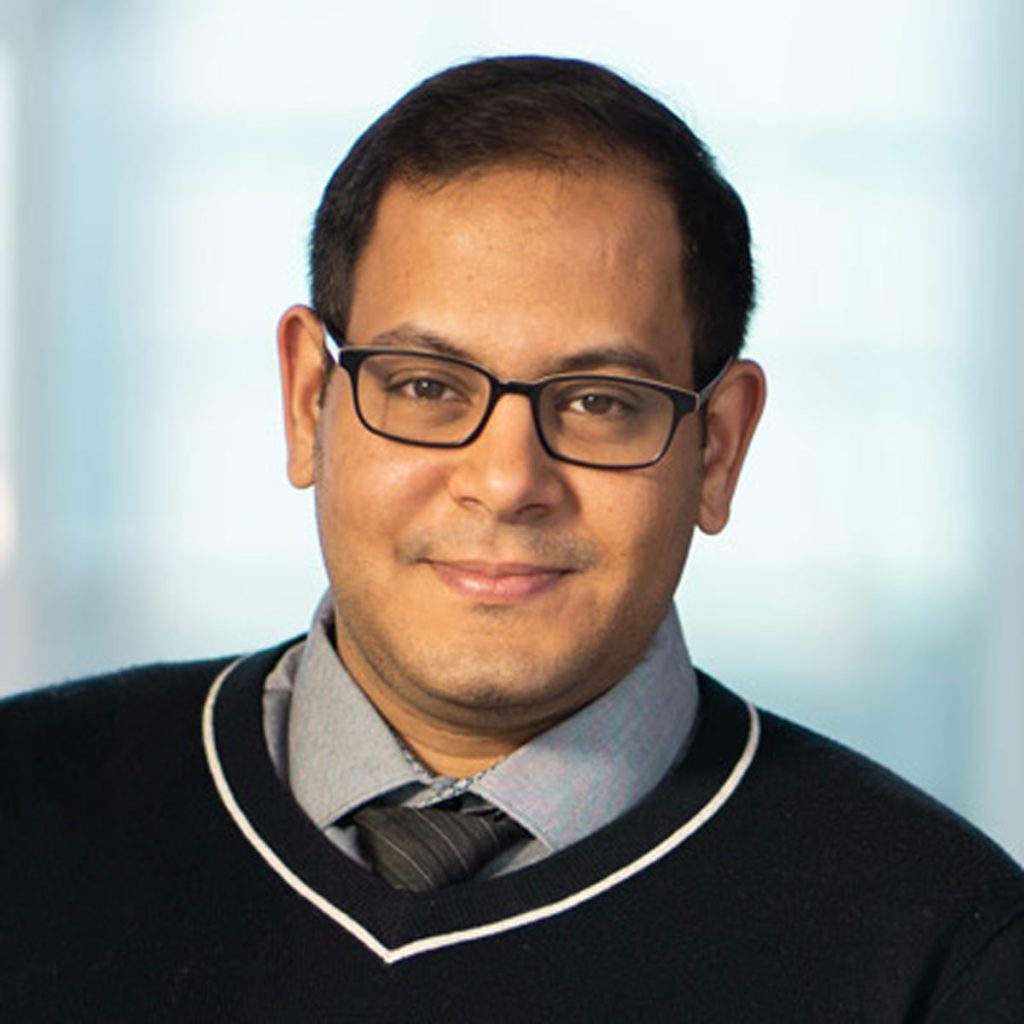
Dr. Girgis Obaid
Assistant professor of bioengineering
Education: PhD in chemistry, University of East Anglia, England, 2013; BSc in biochemistry, University of East Anglia, 2009
Previous position: Instructor at Harvard Medical School and Massachusetts General Hospital
Research interests: Molecular targeted nanotherapeutics, molecular imaging, precision medicine, optically activatable cancer therapeutics, cancers of the head and neck, pancreatic cancer
“Our lab utilizes cutting-edge molecular imaging approaches to better understand the interface between tumor biology and nanotechnology. This understanding equips us with the means to personalize activatable cancer nanomedicines that bypass common treatment-resistance pathways causing cancer treatments to fail. As such, students are trained in nanomaterials fabrication and imaging as they develop an in-depth understanding of cancer. Their learning is further enriched by excellent collaborations at the Jonsson School and at UT Southwestern.”
Dr. Kaveh Shamsi
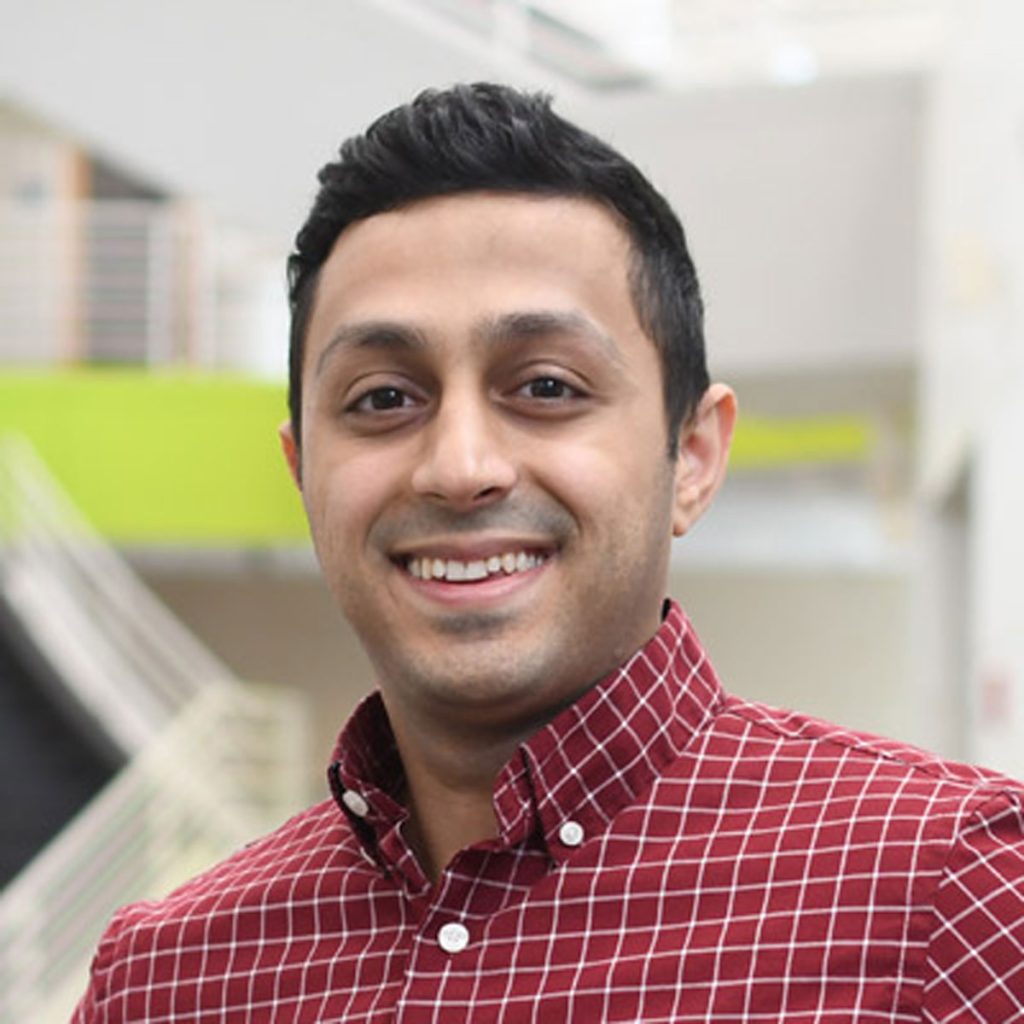
Dr. Kaveh Shamsi
Assistant professor of electrical and computer engineering
Education: PhD in electrical and computer engineering, University of Florida, 2020; MSc in computer engineering, University of Central Florida, 2017; BSc in electrical engineering, Sharif University of Technology, Iran, 2014
Previous position: Doctoral student at University of Florida
Research interests: Formal methods, algorithms in hardware security, analog and digital circuit design
“I am so honored to be part of such a rapidly growing department. I am looking forward to utilizing the broad capabilities and experience at the Jonsson School for advancing my research, focusing on algorithms that tackle complex problems in logic circuits. This can help students gain a wide array of software and hardware skills, especially as circuit-based logic approaches are used in different areas such as artificial intelligence, cryptography and quantum computing.”
Dr. Guoping Xiong
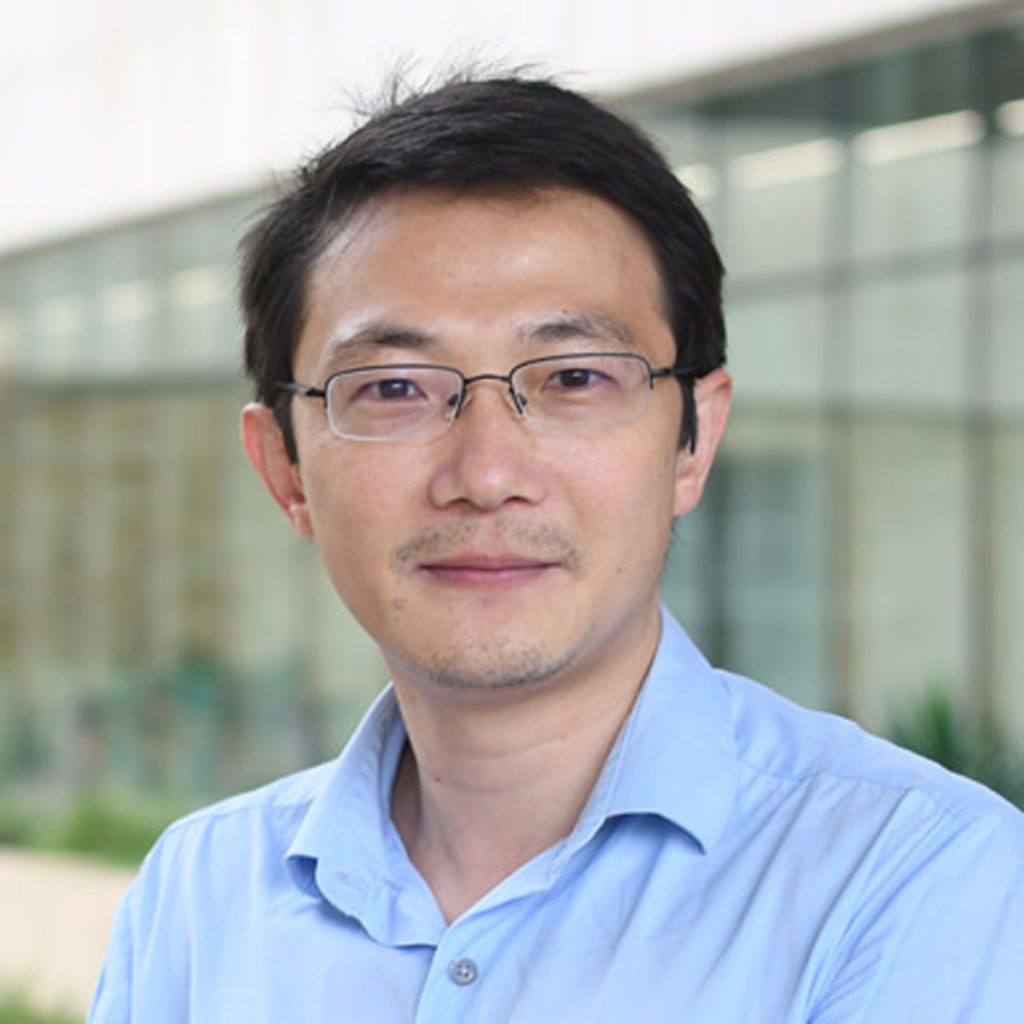
Dr. Guoping Xiong
Assistant professor of mechanical engineering
Education: PhD in mechanical engineering, Purdue University, 2013; MS in materials science and engineering, Tsinghua University, Beijing, 2008; BS in materials engineering of molding and controlling, Huazhong University of Science and Technology, China, 2005
Previous position: Assistant professor at the University of Nevada, Reno
Research interests: Heat transfer, energy storage and conversion, nanomaterials, solar energy harvesting, nanoscale fluid transport
“The Jonsson School has the world’s leading research facilities in the engineering field. I hope to develop a strong research team here to influence the areas of thermal and fluid sciences, energy and materials.”